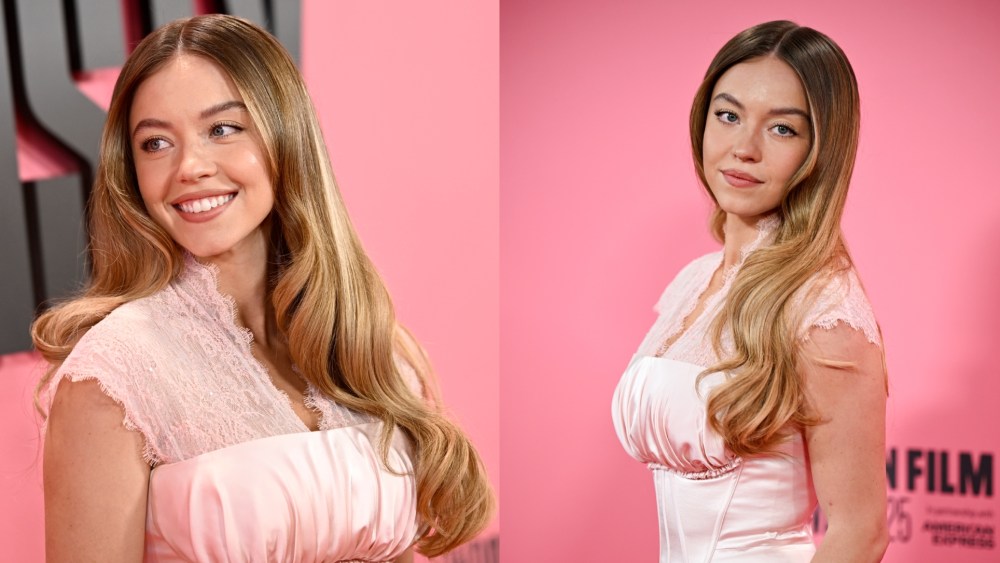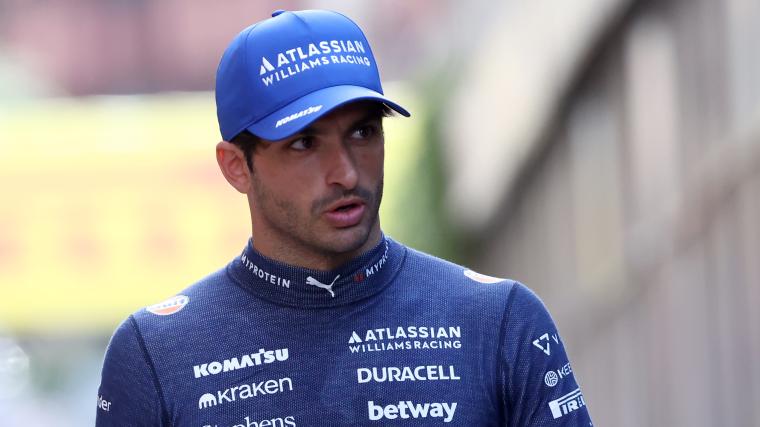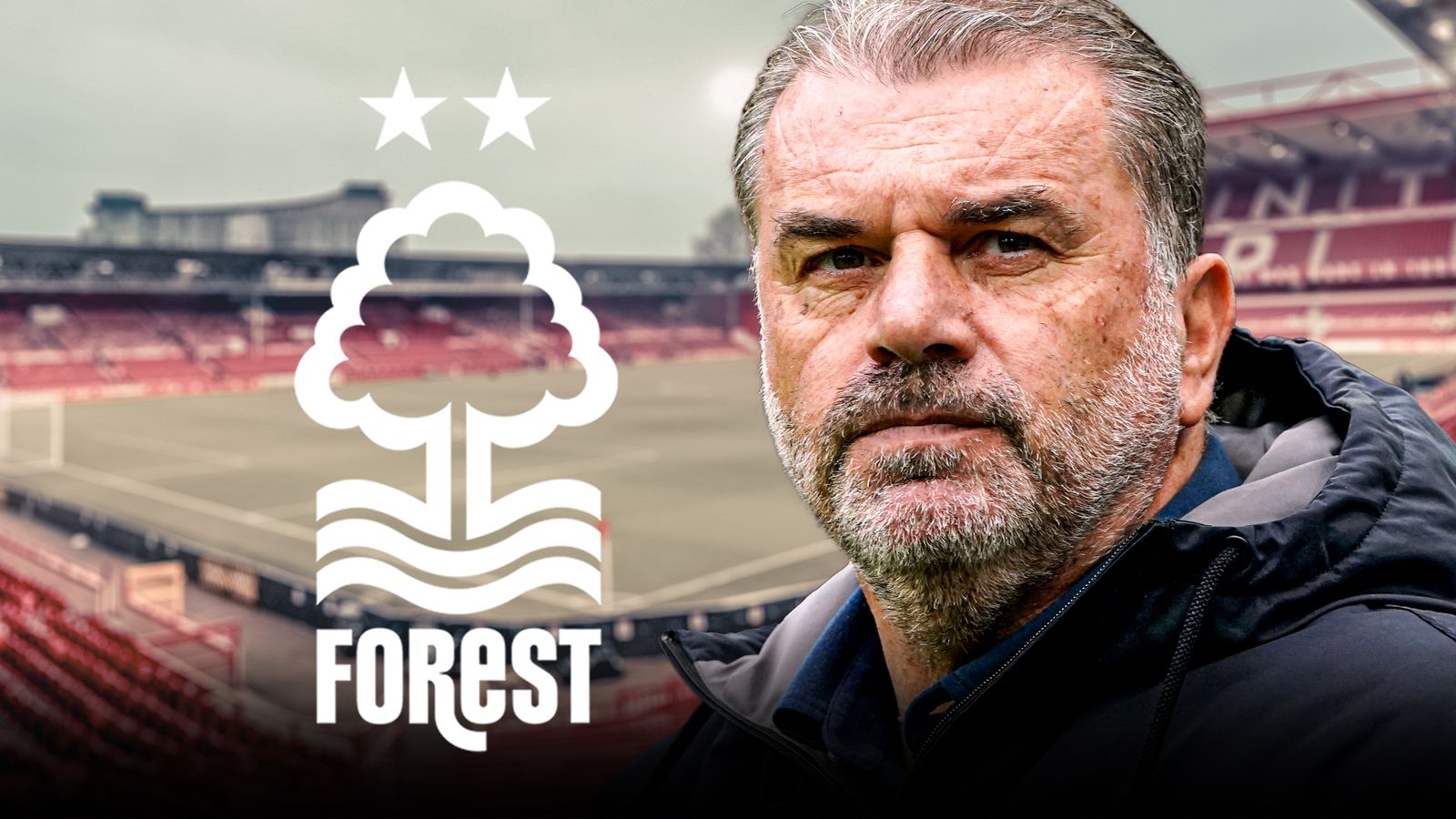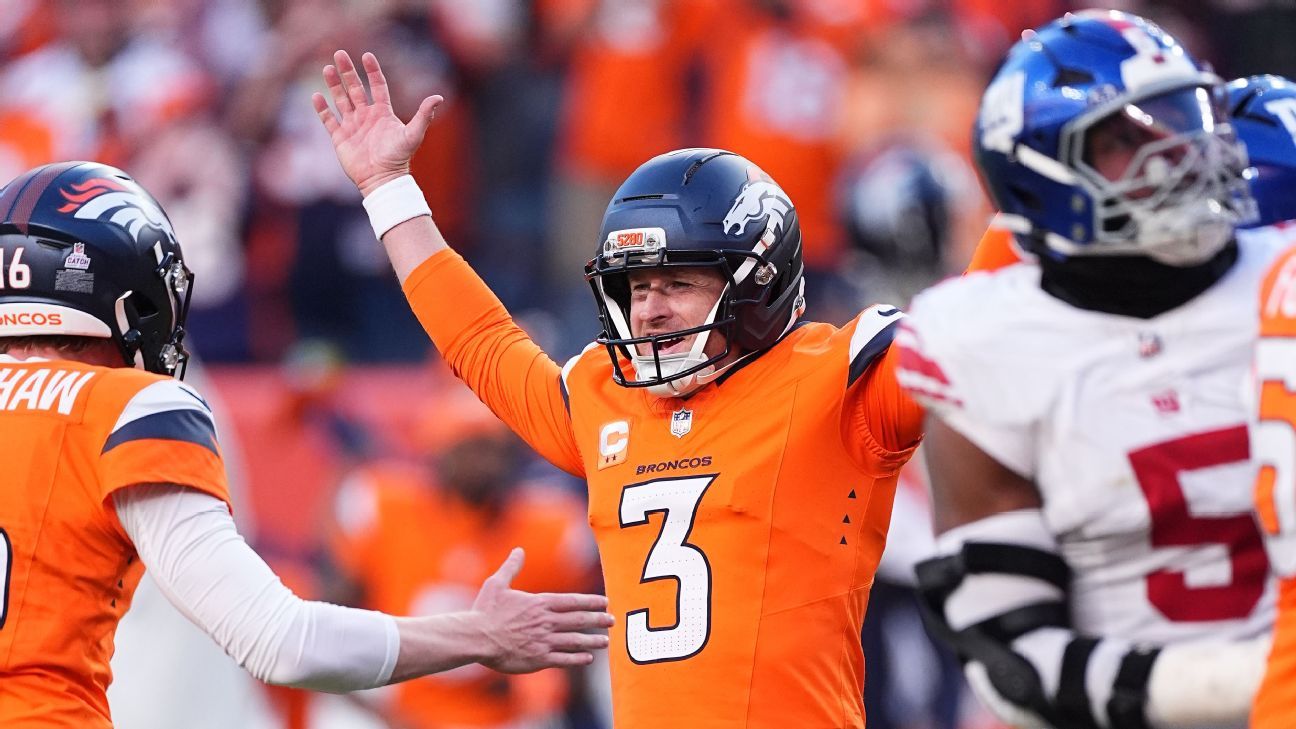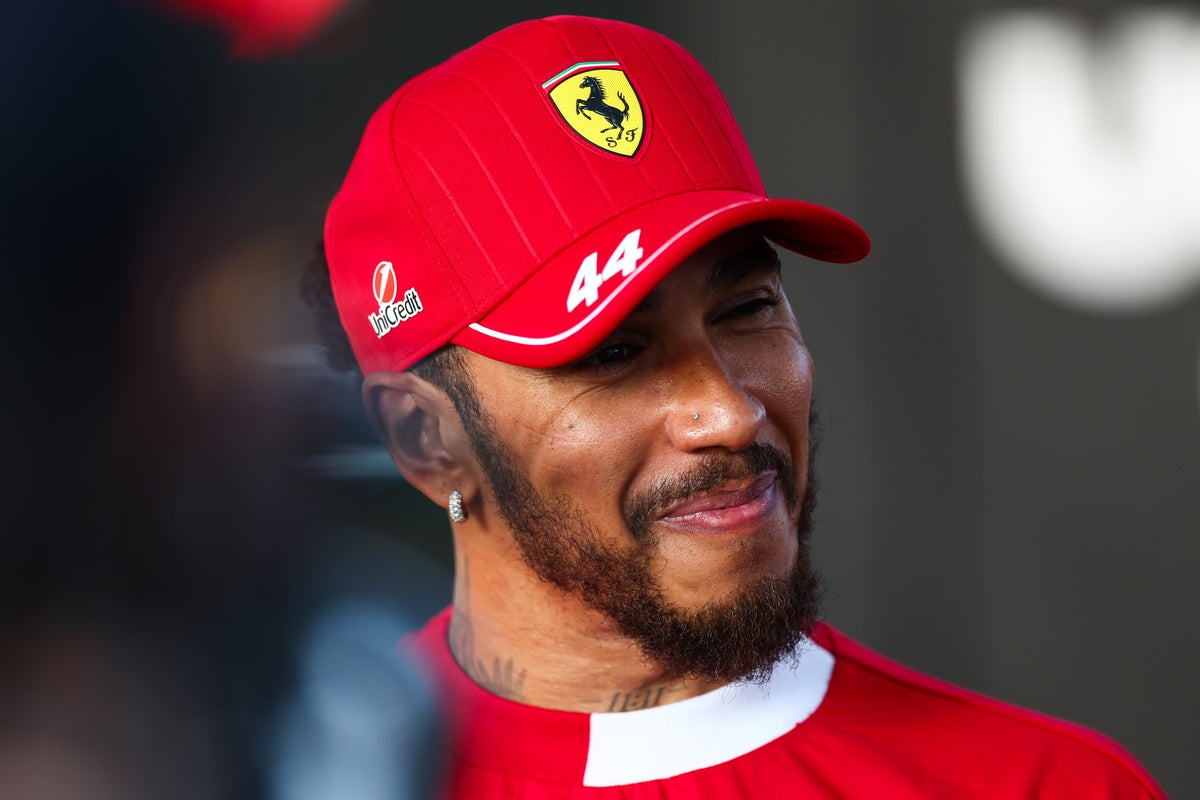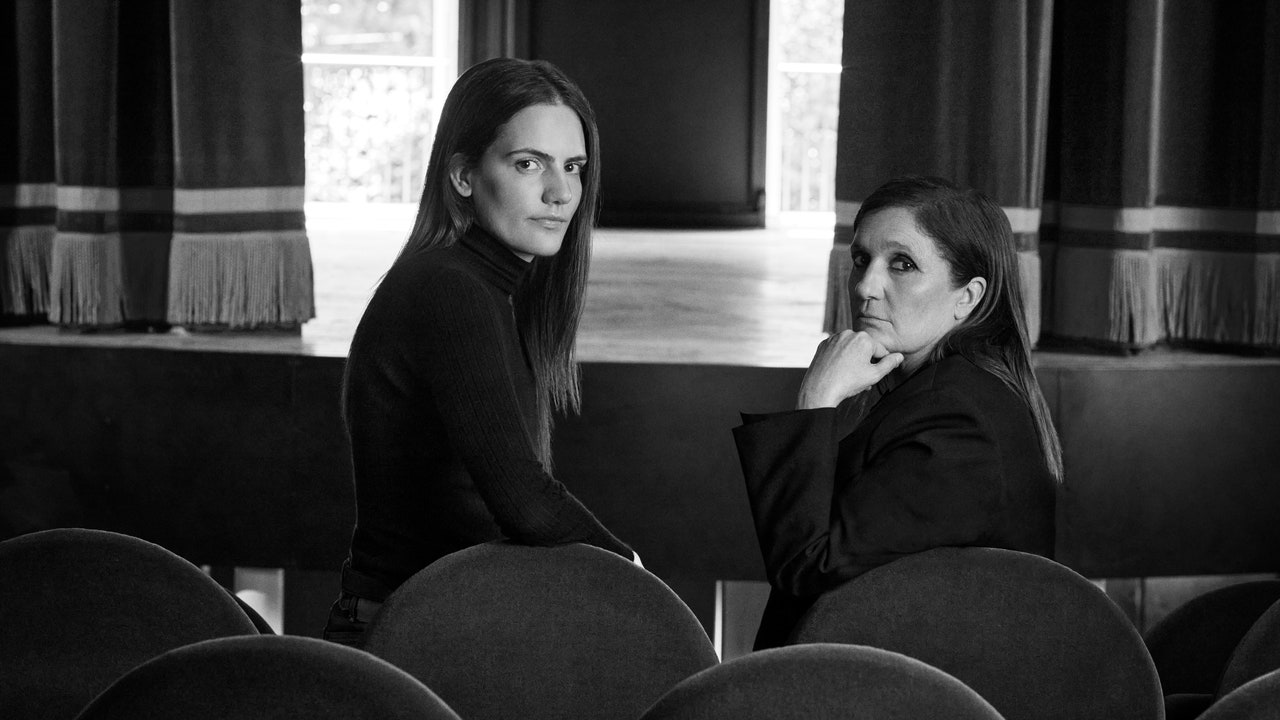
I was lucky enough to work with the founders of Valentino and the Fendi sisters, who were great mentors. I learned so much from them—so much, it was such a privilege. Then fashion transformed into a system of large groups, so I also experienced that entire period. The evolution has been huge, but in my opinion, the real change came with communication, with the arrival of new media, which brought fashion to a whole new scale where it also became super-pop.
Before, the conversation was more elitist as it happened within a circle of people who knew each other and knew everything about fashion. Now, your audience, you don’t know who they are or where they are, maybe someone who has never seen a runway show and doesn’t even know the work behind it, the enormous effort required to create a collection. With these new media in recent years, it’s difficult to explain what’s behind it all, and the risk is of a very superficial view.
It’s hard to say where the whole system will go. Honestly, I don’t know. But I believe, like with all things, there are cycles—a bit like what the Gattopardo (The Leopard) says: everything changes and nothing changes. Probably we need to look at this system with a different approach. I also think about theater—for Teatro Cometa, we’re not thinking about a classic program schedule because it wouldn’t be sustainable. People’s attention span has changed; it’s much shorter. With all these images, everything has become frantic, everything is consumed instantly.
Rachele, tell me what kind of programming can we expect from Teatro della Cometa?
RR: The programming will give attention to music, because the very first show when Teatro Cometa opened in 1958 was “I Capricci di Marianna” by Alfred de Musset, with a very young Monica Vitti in the lead role, and there were also many chamber music concerts. So, a musical program is planned. We wanted to bring back a more varied program—not just theater, but also music, performance, dance—precisely because our approach remains the same as what we did at Dior: trying to create dialogue and offer a platform to creatives from different disciplines.
So the idea is to have multiple curators for each discipline—each one will have its own curator—and there will be a scientific/artistic committee overseeing the program, which will include various disciplines. That means you won’t see the same performance for six months straight, but instead maybe a month of dance, then a month of music, alternating disciplines like a festival.
#Maria #Grazia #Chiuris #Project #PostDior #Restoration #Revival #Roman #Theater

